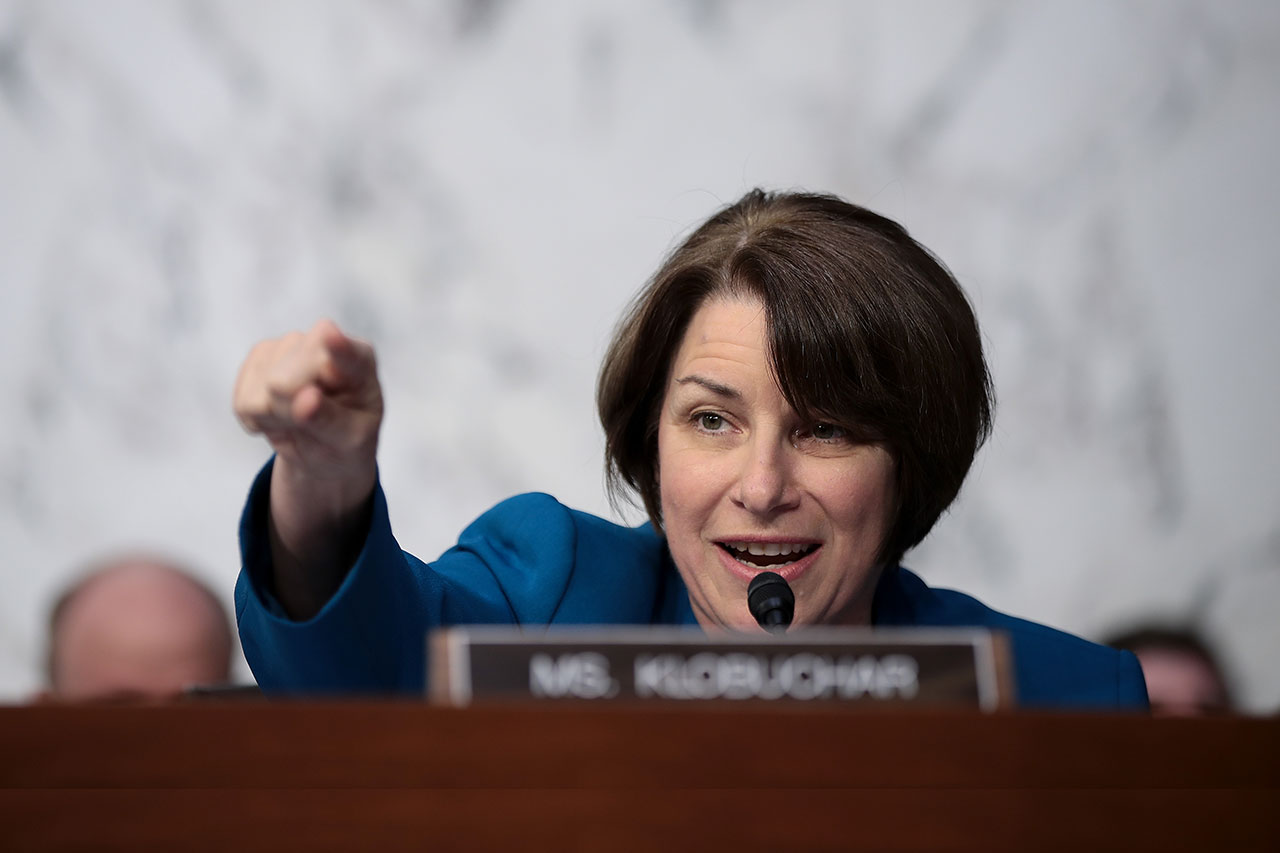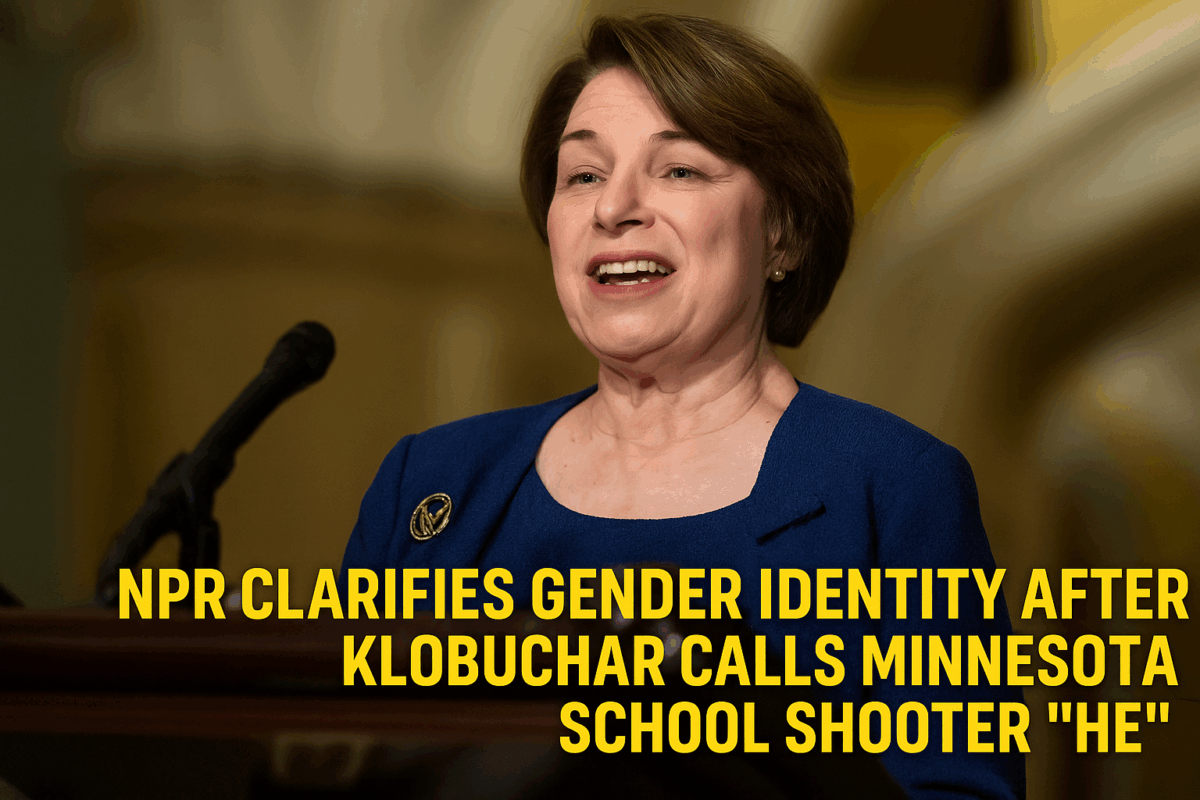The recent school shooting in Minneapolis has not only shaken the community but also sparked a national conversation about gender identity in media coverage. During an NPR interview, Senator Amy Klobuchar (D-Minn.) discussed the tragic event and referred to the alleged shooter as “he.” This prompted the NPR host to issue a clarification about the suspect’s pronouns and identity, which quickly became a subject of debate.
The Incident in Minneapolis
Authorities in Minneapolis confirmed a school shooting that left students, parents, and teachers devastated. Law enforcement is still investigating the motive behind the attack, while families and the local community are mourning the loss and trauma caused by the incident. As details about the suspect surfaced, the focus soon shifted to how the media should report on the individual’s gender identity.
Klobuchar’s Remarks and the Clarification
Senator Klobuchar, who represents Minnesota, spoke about the urgent need for stronger gun safety measures. While emphasizing policy changes and community protection, she used the pronoun “he” to refer to the alleged shooter. The NPR host then interrupted to clarify that the individual’s pronouns were not confirmed and that assumptions should be avoided. This moment sparked an immediate reaction online, with many weighing in on whether such clarifications are appropriate during discussions about violent crimes.
Why Pronouns Became Part of the Story
In recent years, conversations about pronouns and gender identity have become central in U.S. politics and media. Supporters argue that respecting pronouns is essential for inclusivity and accuracy in reporting. Critics, however, believe that focusing on pronouns in the context of a violent crime distracts from the tragedy itself and the broader issues of gun violence. The clash between these viewpoints has fueled the viral spread of this story across social media platforms.

Public and Political Reaction
The public reaction has been divided. Some praised NPR for taking a stand on inclusivity, while others criticized the network for prioritizing language over the severity of the crime. Conservative voices quickly pointed to this as another example of political correctness overshadowing urgent safety concerns. Progressives defended NPR’s stance, arguing that identity and representation remain important even in difficult contexts.
Larger Implications
This debate highlights the intersection of gun violence, media responsibility, and cultural politics in the United States. While the Minneapolis community focuses on healing and demanding solutions, the national spotlight has turned to how language shapes public perception. The incident raises important questions: Should the media prioritize accuracy in pronouns, or should the primary focus remain on the crime and its victims? For now, the controversy continues to stir heated exchanges online and in political circles.


